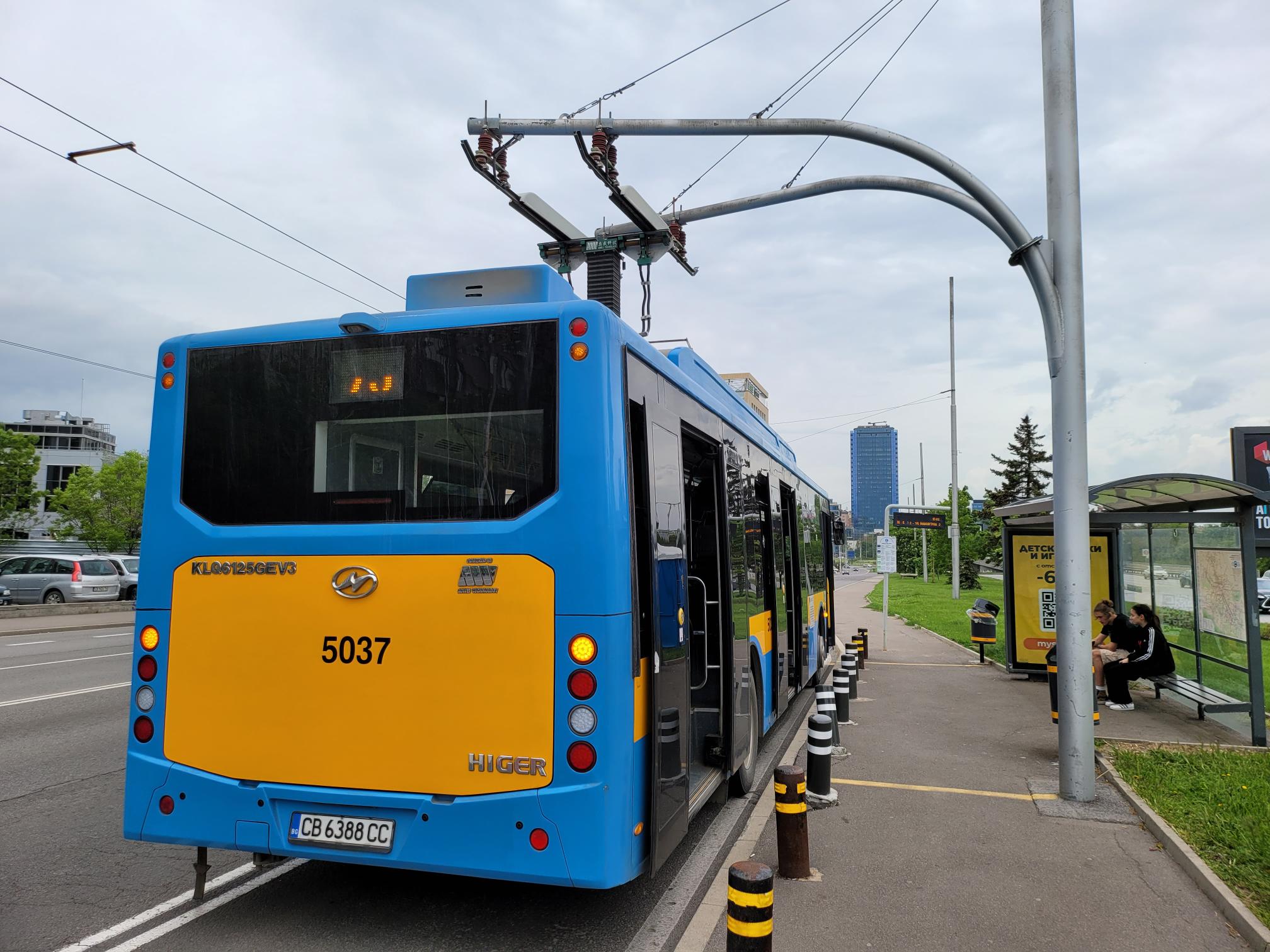Bulgaria is making solid progress in electrifying its public transport. Between 2021 and 2024, 67% of new city buses were fully electric, placing the country in 7th place within the European Union. The next step is to consolidate and accelerate this trend through a clear national strategy and targeted investments. The path toward clean European cities by 2030 is fully achievable here as well.
⚡ In a European Context:
-
In 2024, the EU average for zero-emission city buses reached 49% – with 46% battery-electric and 3% hydrogen-powered.
-
The Netherlands, Finland, and Iceland lead the way with 100% electric buses in new registrations.
-
Bulgaria shares its position with Romania and Greece, where electric buses also account for 67% of new fleet additions.
🏅 Why this matters:
-
Cleaner urban environment – electric buses reduce noise and fine particulate pollution, improving air quality in cities.
-
Compliance with EU directives – Bulgaria meets the requirements of the Clean Vehicle Directive, which mandates that at least 20% of public procurement be for “clean vehicles” by 2025, and 30% by 2030.
-
Improved national image and positioning – while not among the top leaders, Bulgaria outperforms many more developed economies.
🚌 Local examples and ambitions:
-
Sofia operates over 60 battery-electric buses and 49 ultracapacitor buses, manufactured by Chariot Motors.
-
Burgas has fully electrified its urban fleet with 56 electric buses and a dedicated charging network funded by European programs.
-
Plovdiv, Pernik, and Haskovo are launching new projects for over 100 electric buses in 2024.
🧭 Where should Bulgaria go next?
-
Accelerate public procurement so that by 2030, at least 90–100% of newly purchased buses are zero-emission.
-
Introduce stronger subsidies and tax incentives to support municipal transitions.
-
Build smart charging infrastructure integrated with solar energy, following the model already implemented in Bourgas.





